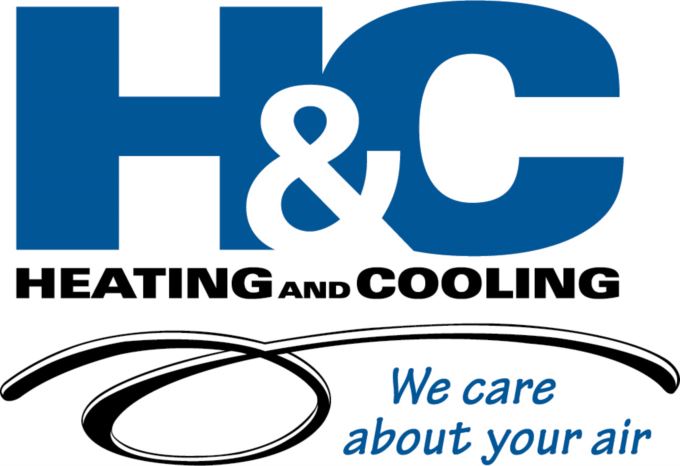
To combat increasing energy expenses and embrace sustainability, many homeowners are looking for ways to enjoy the same standards of comfort while reducing utility bills. Included in the Inflation Reduction Act, federal tax credits are available for energy-efficient home upgrades, especially HVAC systems like air conditioners. These credits offer big savings, as long as the homeowners select eligible equipment and submit the appropriate form.
If you’re concerned the application process might be tedious, we’re offering to help! H&C Heating and Cooling hopes this guide will give you everything you need to earn these HVAC tax credits in 2024. Here’s how.
Understanding the HVAC Tax Credits
These valuable tax credits for boosting your home’s energy efficiency are just one goal of the recent Inflation Reduction Act. With the higher cost of energy making an impact, helping more homeowners upgrade their equipment is always beneficial. The key provision of these credits is to reduce the cost of installing high efficiency upgrades. Two of note are the Residential Clean Energy Credit and the Energy Efficiency Home Improvement Credit.
But keep in mind, in order to claim your credits, you’ll have to fill out IRS Form 5695. Additionally, this form has to be submitted for the same tax year the upgrades were installed, not purchased.
Maximizing Savings with the Energy Efficiency Home Improvement Credit
Through 2032, the Energy Efficiency Home Improvement Credit provides up to $3,200 annually for installing higher efficiency home upgrades. This can be up to 30% of the total project’s cost. It's important to note in order to get back the maximum amount, you’ll have to make several investments. For example, you’ll save up to $2,000 for installing a higher efficiency heat pump. This can be combined with the remaining $1,200 in credits for other eligible upgrades made within the tax year.
While new heat pump installation projects are a popular option for the tax credit, high-efficiency furnaces, air conditioners, boilers, and other HVAC systems are still eligible for this tax credit. You’ll need to confirm that your choice’s energy efficiency rating is high enough for eligibility.
Residential Clean Energy Credit
The Residential Clean Energy Credit amounts to roughly 30% savings on a variety of residential clean energy equipment upgrades. Eligibility is restricted to homeowners looking for new clean energy solutions for their home. While the Home Improvement Credit focuses on utilities and HVAC systems, this credit is instead designed around renewable energy sources like solar and wind energy.
Some key details of this tax credit include requiring the installation project to be finished between 2022 and 2032. But at the same time, homeowners can keep the excess credit to reduce future taxes. This is a great way to make things a little easier when investing in renewables.
What Else Is Eligible for These Tax Credits?
Because HVAC systems are one of the biggest portions of your monthly energy costs, these tax credits offer more access to the most energy-efficient options. But home energy efficiency can be improved in lots of other ways. Apart from the previously listed HVAC upgrades, {you could also choose|other eligible items include|you also have access to:
- Heat pump water heaters
- Modern electrical panel improvements
- New electrical wiring
- Insulation, air sealing and ventilation enhancements
- High-efficiency electric stoves, cooktops, ranges or ovens
- Efficient heat pump clothes drying solutions
- Water boilers
Like the HVAC systems, you’ll need to confirm that your chosen products meet the eligible energy efficiency ratings.
Three Tips for Making the Most of 2024 HVAC Tax Credits
While any one of those upgrades can improve your home’s energy efficiency, a little planning will ensure more long-term benefits. Maximize your HVAC tax credits with these three tips:
- Conduct a home energy audit to identify impactful upgrades. Trust experienced HVAC companies to pinpoint essential products and services.
- Enhance your home's envelope by addressing inefficient windows and doors.
- Look into rebates for clean energy projects from utilities. Renewable sources like solar, wind, and geothermal contribute to community power grid sustainability.
- Remember to consider financing plans offered by service providers.
Secure Your 2024 HVAC Credits with Help from H&C Heating and Cooling
Partner with local HVAC professionals like H&C Heating and Cooling for help with home energy audits and new installation projects. Our experienced installers can deliver whatever you need for home energy efficiency upgrades.
